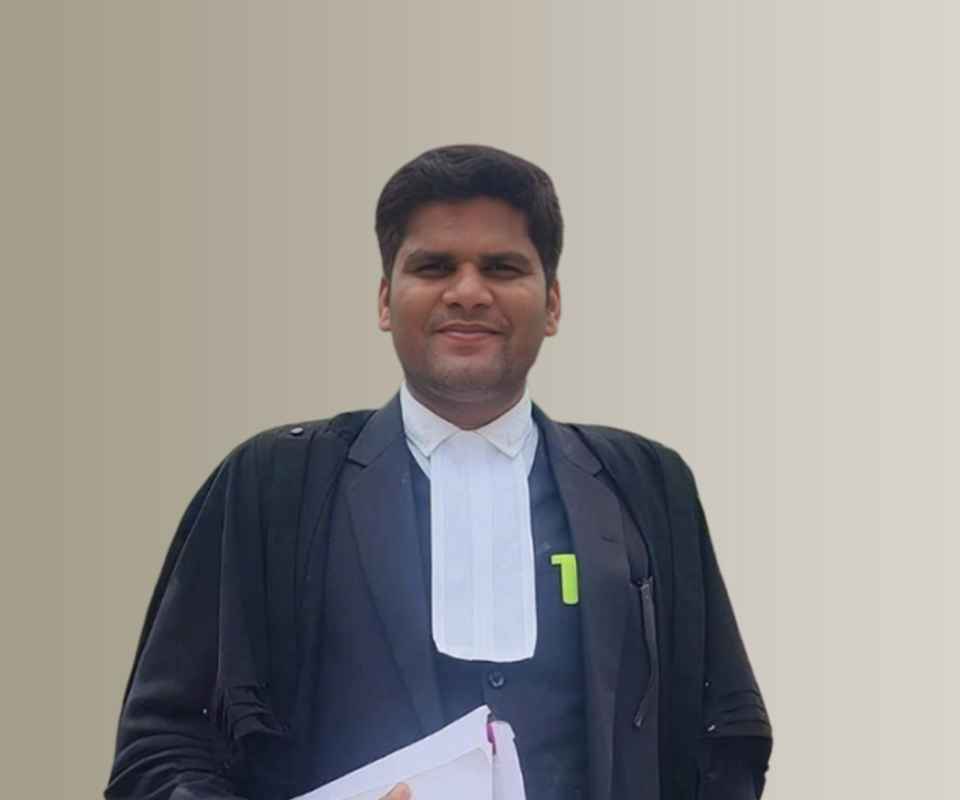Answer By Law4u team
Underage marriage is a violation of the law and can have serious consequences for the parties involved. In India, the legal age for marriage is 18 years for females and 21 years for males. If a person is married before they reach the legal age of marriage, the marriage is considered illegal and voidable. Here are some of the consequences of underage marriage: The marriage can be declared voidable: If a person gets married before reaching the legal age, they can file a petition in court to declare the marriage voidable. This means that the marriage is considered illegal and can be annulled by the court. Criminal charges: Underage marriage is a criminal offense in India, and the parties involved in such a marriage can face charges under the Prohibition of Child Marriage Act, 2006. The penalty for the offense includes imprisonment and a fine. Health risks: Early marriage can have serious health consequences, especially for young girls. Girls who get married at a young age are at a higher risk of developing health problems such as anemia, malnutrition, and pregnancy-related complications. Educational and economic consequences: Underage marriage can prevent young people from completing their education and pursuing their career goals. This can have long-term economic consequences for them and their families. It's important to note that the specific consequences of underage marriage can vary depending on the facts of the case, and it's advisable to consult a lawyer for specific guidance on the matter.









